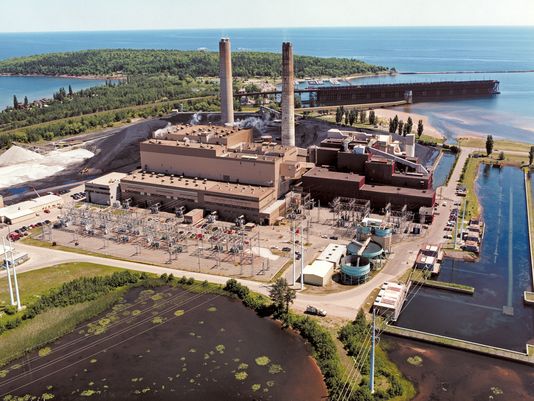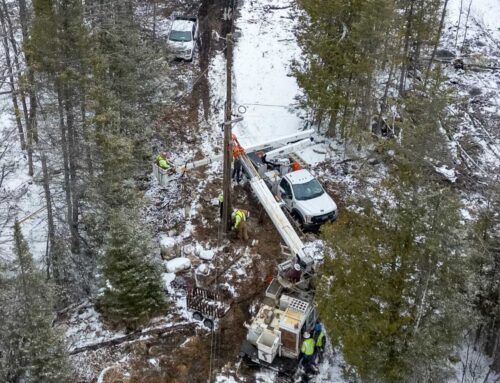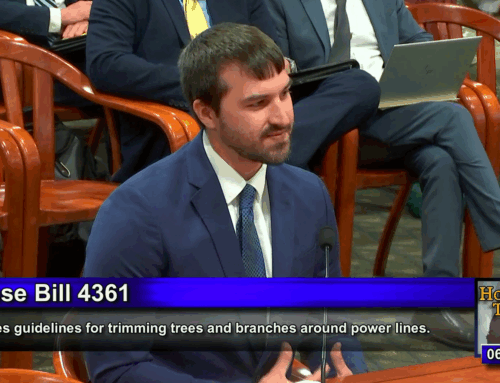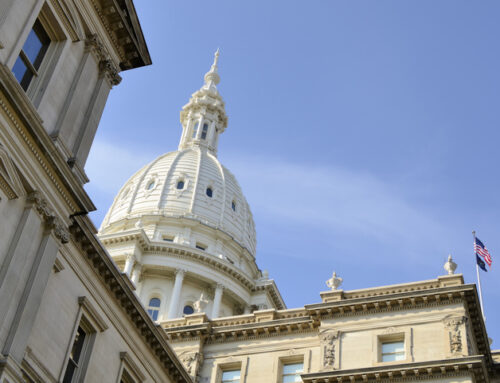Cloverland Electric Co-op is continuing its battle – including asking its members to write state, regional and national officials – to keep the monthly electric bills of nearly all U.P. residents from going up drastically by Dec. 1.
The problem started when Marquette’s Presque Isle Power Plant (PIPP) lost its main customer, the Cliffs mining company, in 2013. The Plant’s owner, We Energies (Milwaukee, WI), then said it would need to close the plant, but in July 2014 the Federal Energy Regulatory Commission (FERC) mandated that it must remain operating to keep the lights on and the transmission grid reliable.
FERC’s decision requires U.P. electric customers, and a much lower percentage of Wisconsin consumers, to share in PIPP’s annual $116 million operating cost. This also affects Ontonagon County REA and Alger Delta Electric co-ops, but to a lesser degree.
The increases will be devastating to the co-op’s members and communities, says Dan Dasho, Cloverland’s president/CEO. “I’ve certainly talked to our commercial customers who’ve told me that if they see these increases, they’re going to close the doors,” Dasho said in an NPR (National Public Radio) interview. “They’re not going to make any money. This is their profit, and those profits will be gone.”
Also in the NPR interview, U.P. business owner Ron Holden said his monthly bill would now be $700. The PIP Plant is about 150 miles away, and does not provide power to Holden’s small grocery store or anyone else in Brimley. “Cloverland has nothing to do with the Presque Isle plant,” Dasho says, “but will still have to collect money from its members to help keep the plant open.”
“We want our members to know that we are doing everything we can to get a rehearing on this matter,” Dasho says.
“Thousands of signatures on member-initiated petition drives were sent to federal and state elected officials,” reports Todd Chapman, Cloverland’s communications manager. Efforts by Cloverland, Alger Delta and Ontonagon co-ops and the Michigan Electric Cooperative Association have also helped get resolutions passed in the state House and Senate, and legislation (called the “Power Act”) has been introduced in Congress. The bipartisan effort is expected to be voted on no later than January 2015, if not by the end of 2014.
Other parts of the U.S. will face similar crises, Dasho says, because utilities will want to close old coal plants rather than face costly upgrades to meet new clean air standards.
“And nobody is building anything new,” Dasho told the NPR listeners. “And people in the industry are raising their hand and saying, ‘this is going to be a problem.’ In 2017, it’s going to be a problem. Do you know how many people [right now] care about a problem in 2017? Not very many.”
FERC is reviewing the U.P. situation, but barring action by regulators in the next few weeks, U.P. residents and businesses will start ponying up millions of dollars more monthly while an answer is worked out.
Check out the NPR story here





